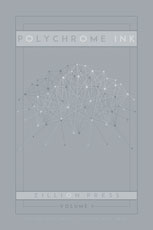 Polychrome Ink is a new biannual print and e-published journal with the mission to highlight that diversity is not a niche market, but a mass market.
Polychrome Ink is a new biannual print and e-published journal with the mission to highlight that diversity is not a niche market, but a mass market.
“Polychrome Ink is run by a group of diverse friends,” Executive Editor Em Salgado explained to me. “We met due to a mutual love of literature. During frequent literary discussions, we often noticed a shortage of characters that represented any of our individual diversity points, which only further highlighted what we felt was lacking. The need to see ourselves normalized in the literature being produced and the literature we love became our raison d’être. Eventually we grew tired of simply talking about it and decided to take matters into our own hands.”
At the editorial helm along with Em are Associate Editor Zire Fournier, Copy Editor Kimmia Masterson, and Assistant Associate Editor Zaira Fournier. Additionally, Polychrome Ink currently has eight specialty editors who assist with topics and themes in which they have experience. For example, if Polychrome Ink receives a submission with any of the following themes: gay male, genderqueer, religious, neuroatypical — the editors send that submission to Aaron for review because he, himself, is a gay neuroatypical genderqueer individual who studies theology.
Unique to this publication, writers who submit may choose the editor that they feel best suits their work. Em explained, “The process of selecting an editor with the appropriate diversity points and literary interests helps to assure writers that their submission is being reviewed by someone that their work will resonate with the most — thus making the relationship between writer and editor more personal.”
Even the name Polychrome Ink speaks to the diversity of the publication: “We were looking for a moniker that represented diversity,” Em said, “and by extension, diversity in writing. Polychrome means multicolored, yet does not have the same connotation as rainbow, since our demographic extends beyond LGBTQIA+ themes. And Ink, of course, represents the writing itself.”
Readers of Polychrome Ink can expect to find a collection of short fiction, creative nonfiction, flash fiction, essays, and poetry written by diverse authors and/or with diverse themes. Em explains that “Polychrome Ink seeks to share authentic voices and quality literature, covering an array of genres and topics, with the hopes that the work resonates with readers.”
For their inaugural issue, the featured author was Tessa Gratton, alongside Emma Mauze, Frances Kimpel, D. Michael Warren, Shana Bulhan Haydock, David Perlmutter, Yuan Changming, Anders Scott, Jan Steckel, Robin Wyatt Dunn, Courtney Hamel, Kim Luna, Jaycee Boydgarcia, Alex Franco, Malcolm Friend, and Stephen Mead.
“In terms of the future,” Em told me, “we will continue providing an outlet and resource for writers and readers alike. We would like to be amidst the publications everyone looks to for original diverse literature. We also have plans to expand our staff — thus broadening the diverse spectrum of our editorial team.”
Polychrome Ink accepts submissions via email and is approaching the end of the submission period for Volume II — which releases in October. (Submissions close July 31.) There is no reading fee and the publication is a paying market with hopes that as readership grows, so will the compensation to writers.
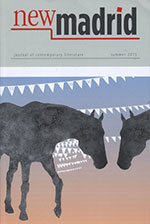 Happy 10th Anniversary to New Madrid, the national journal of the low-residency MFA program at Murray State University. In her Editor’s Introduction, Ann Neelon takes a look back, noting that “as milestones go, a decade is not insignificant, especially for a low-residency program like ours that operates, within the university budget, according to a make-or break financial model much like that of a small business.”
Happy 10th Anniversary to New Madrid, the national journal of the low-residency MFA program at Murray State University. In her Editor’s Introduction, Ann Neelon takes a look back, noting that “as milestones go, a decade is not insignificant, especially for a low-residency program like ours that operates, within the university budget, according to a make-or break financial model much like that of a small business.”
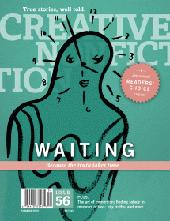 Issue 59 of
Issue 59 of 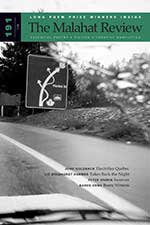
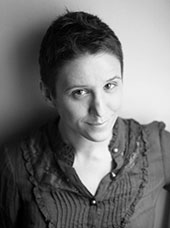 Carissa Halston’s “Call It a Map” has been awarded the 2015
Carissa Halston’s “Call It a Map” has been awarded the 2015  1st place goes to Lauren Green [pictured] of New York, NY. She wins $1500 for “When We Hear Yellow” and her story will be published in Issue 97 of Glimmer Train Stories. This will be her first publication.
1st place goes to Lauren Green [pictured] of New York, NY. She wins $1500 for “When We Hear Yellow” and her story will be published in Issue 97 of Glimmer Train Stories. This will be her first publication.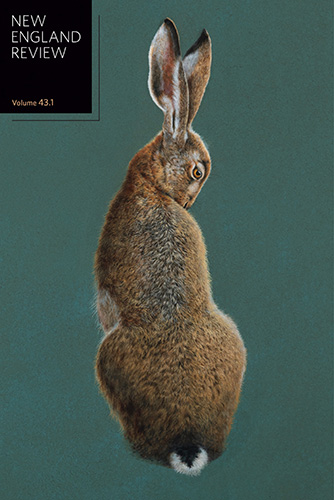 Editor Speer Morgan writes in his
Editor Speer Morgan writes in his 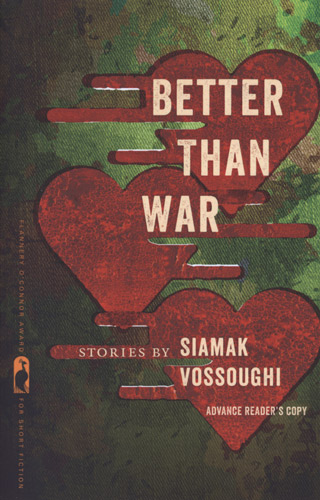 Since 1983, the University of Georgia Press has annualy held their
Since 1983, the University of Georgia Press has annualy held their 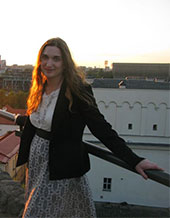

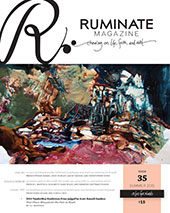
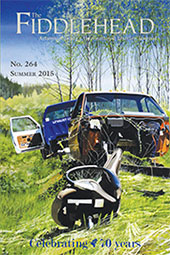 I couldn’t help but to share this snippet from Mark Jarman’s
I couldn’t help but to share this snippet from Mark Jarman’s 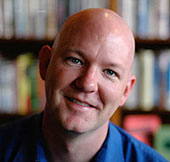 The newest issue of
The newest issue of 
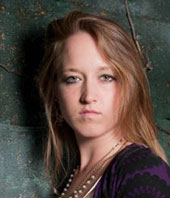 The Lucy cell
The Lucy cell Amidst all the debate about the “value” of higher education and the “overabundance” of MFAs being turned out of programs these days, it was refreshing to read Charlotte Morganti’s
Amidst all the debate about the “value” of higher education and the “overabundance” of MFAs being turned out of programs these days, it was refreshing to read Charlotte Morganti’s 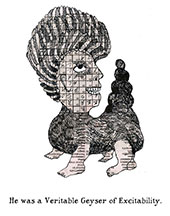 “First sort through
“First sort through 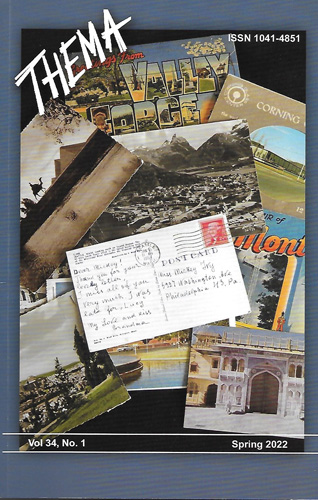 Looking for an idea to get your writing started today? Try
Looking for an idea to get your writing started today? Try 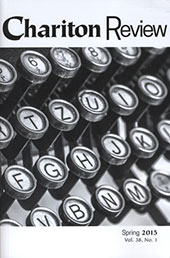 The Spring 2015 issue of
The Spring 2015 issue of 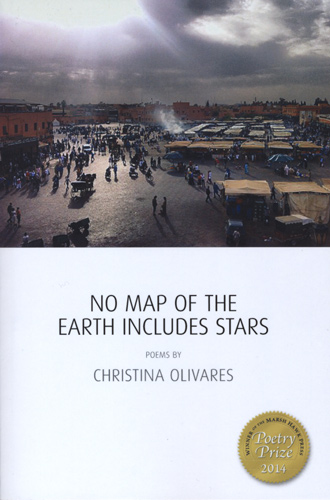 The Marsh Hawk Press Poetry Prize
The Marsh Hawk Press Poetry Prize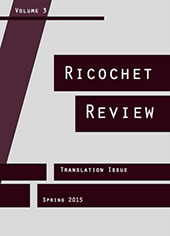 Student poets guided by faculty and editorial editors at Chicago’s Von Steuben Metropolitan Science Center comprise the editorial board of
Student poets guided by faculty and editorial editors at Chicago’s Von Steuben Metropolitan Science Center comprise the editorial board of  Writer Samsun Knight explores the role of conversational dialogue in fiction: “…in reality, nobody ever talks to anyone else. What speech actually achieves is a communication between one person and that person’s idea of the other. Most of the time there is no difference, no discernible difference, between such verisimilitude and the truth. But the best dialogue will manifest this disparity in subtle, slender ways. It will show how, in speaking, we fail to speak.”
Writer Samsun Knight explores the role of conversational dialogue in fiction: “…in reality, nobody ever talks to anyone else. What speech actually achieves is a communication between one person and that person’s idea of the other. Most of the time there is no difference, no discernible difference, between such verisimilitude and the truth. But the best dialogue will manifest this disparity in subtle, slender ways. It will show how, in speaking, we fail to speak.”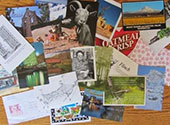 Paul Nelson, poet and lead organizer of the
Paul Nelson, poet and lead organizer of the 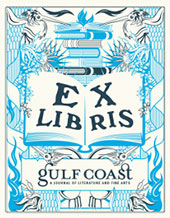 The winner and honorable mentions of the 2014 Barthelme Prize are featured in the Summer/Fall 2015 issue of
The winner and honorable mentions of the 2014 Barthelme Prize are featured in the Summer/Fall 2015 issue of 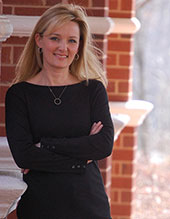
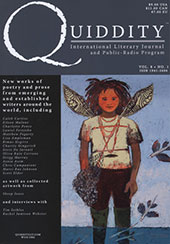 Quiddity
Quiddity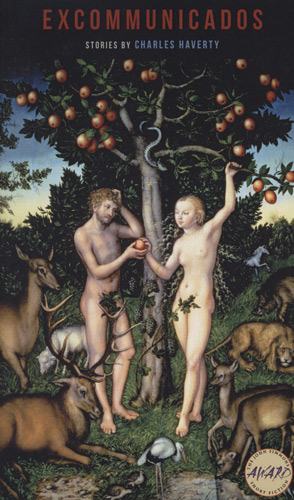 The
The 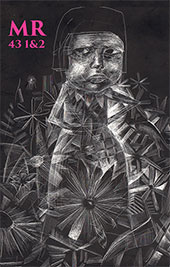
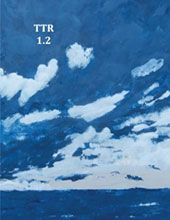 The Tishman Review
The Tishman Review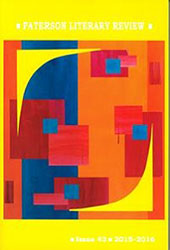 FIRST PRIZE (shared)
FIRST PRIZE (shared)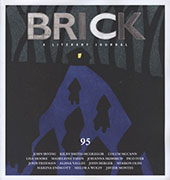 Now this is cool:
Now this is cool: 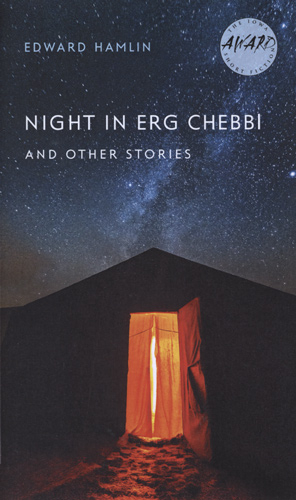 The
The  First place: Spencer Hyde [pictured], of Franktown, CO, wins $1500 for “Light as Wings.” His story will be published in Issue 97 of Glimmer Train Stories. This will be his first major fiction publication.
First place: Spencer Hyde [pictured], of Franktown, CO, wins $1500 for “Light as Wings.” His story will be published in Issue 97 of Glimmer Train Stories. This will be his first major fiction publication.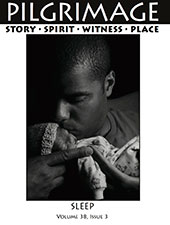
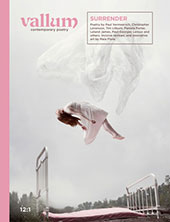 The
The 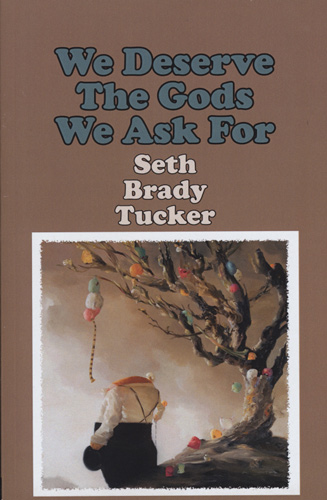 The Gival Press Poetry Award is held annually. Open to national and international poets, winners receive $1,000 and publication. The 2013 winner, We Deserve the Gods We Ask For by Seth Brady Tucker was published this past fall.
The Gival Press Poetry Award is held annually. Open to national and international poets, winners receive $1,000 and publication. The 2013 winner, We Deserve the Gods We Ask For by Seth Brady Tucker was published this past fall.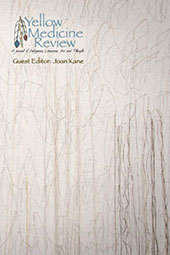
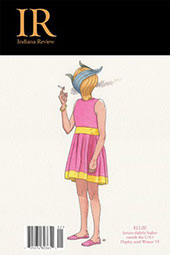
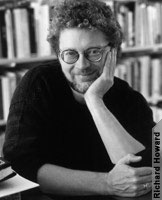
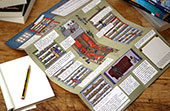 From the mastermind of Shaun Levin come a couple of fantastic creations. The first is
From the mastermind of Shaun Levin come a couple of fantastic creations. The first is 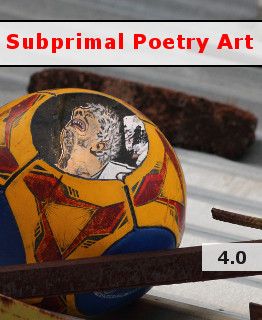 Online literary magazine Subprimal Poetry Art is having a contest to select the theme for their next issue. They are looking for submissions of a theme title and description of approximately 100 words. There is no entry fee to submit to this contest and you can enter up to three times. The winner will receive $50 USD.
Online literary magazine Subprimal Poetry Art is having a contest to select the theme for their next issue. They are looking for submissions of a theme title and description of approximately 100 words. There is no entry fee to submit to this contest and you can enter up to three times. The winner will receive $50 USD.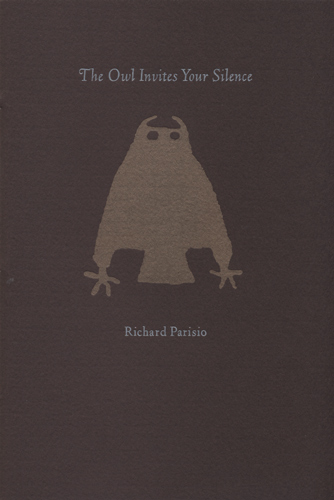 The Slapering Hol Press
The Slapering Hol Press 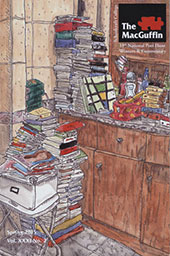 First Place
First Place